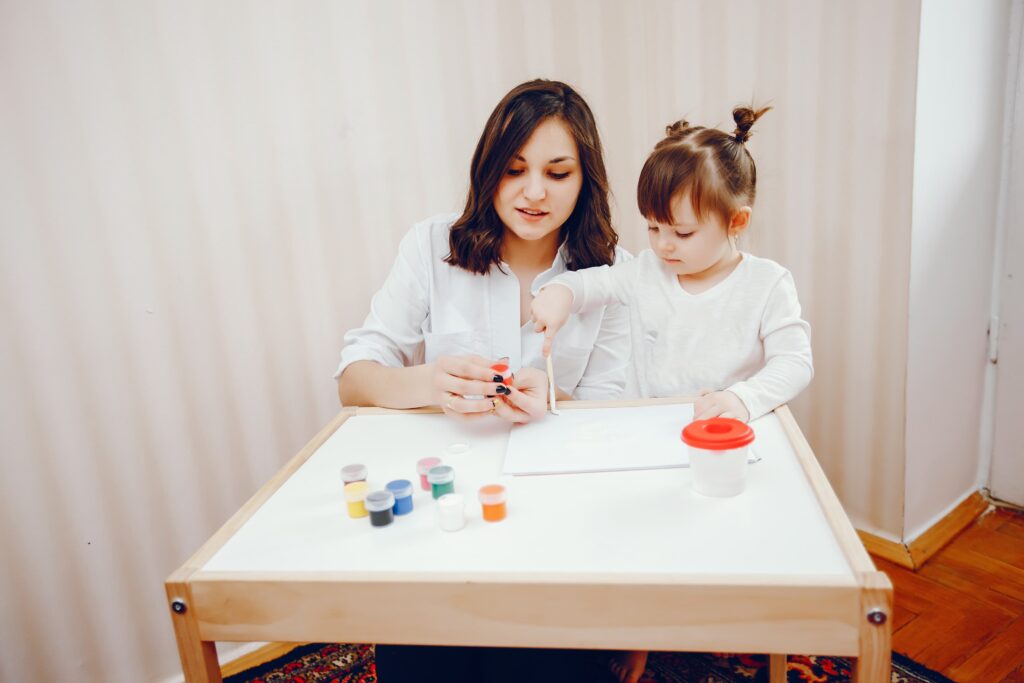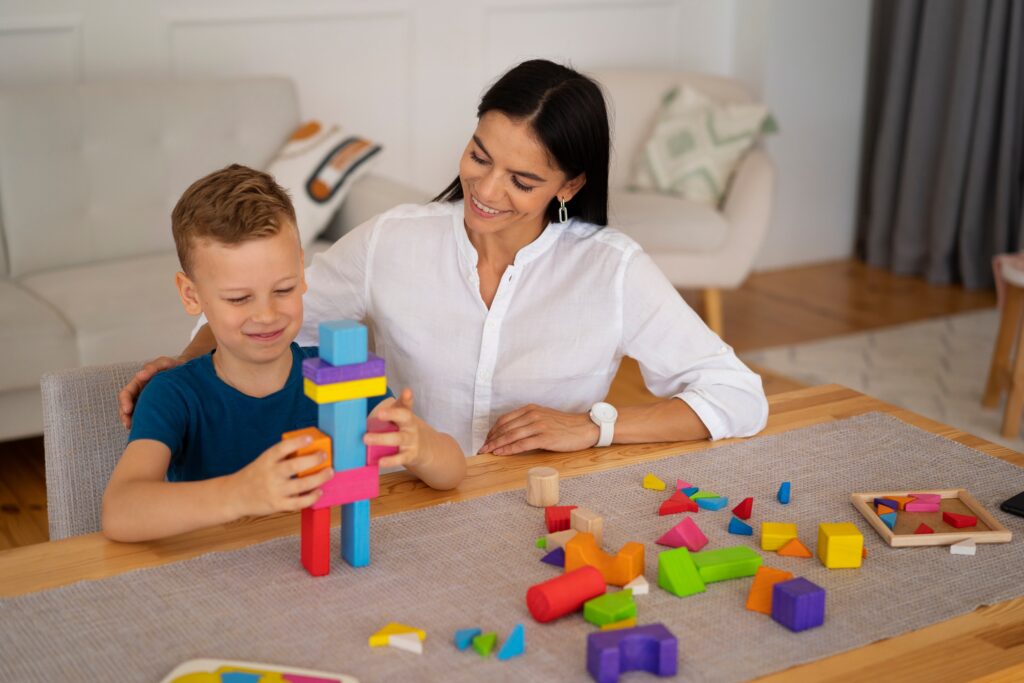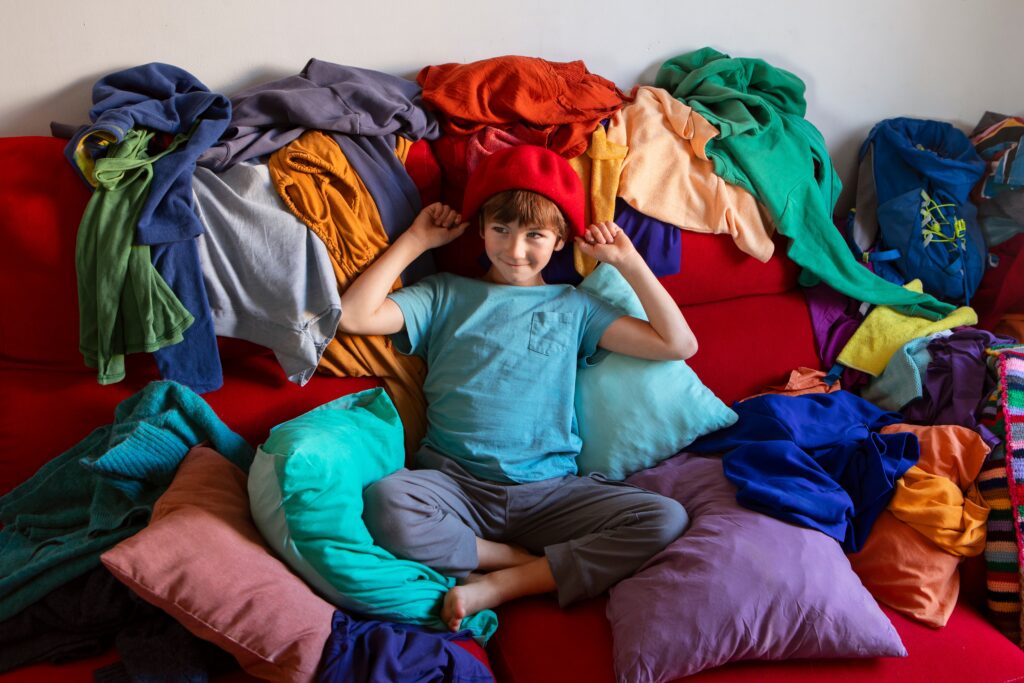
Applied Behavior Analysis therapy, or ABA therapy, has been known to be a truly effective approach to managing the symptoms of autism spectrum disorder and an excellent way to help kids develop independence and social skills. It’s probably the reason your child goes to ABA therapy or why you’re considering it now.
As a parent, it’s natural that you’d want to know what your child is doing in therapy. You want ot know what ABA therapy games they’re playing, what they’re for, and perhaps whether you should try doing them at home for continuity.
Here, we’re sharing with you some of the best ABA therapy ideas for games and activities that you can also try with your kids at home. But first, why are ABA activities important for children with ASD?

Why ABA Therapy Games and Activities Matter
Contrary to what others might still think, play is not solely for a child’s entertainment. It has been established that play is an excellent way for children to learn things, including skills that they need to be independent.
Applied behavior analysis activities, including games, are integrated into programs by therapists to improve a child’s communication and social skills and to reinforce positive behaviors. Through these ABA activities, children learn life skills while having fun.
Benefits of Applied Behavior Analysis Activities
As mentioned, there are different ways children benefit from ABA activities and games. Here are some of them:
They Help Develop Social Skills
Games, especially those that require kids to interact with others, teach them valuable social skills like cooperating with others, practicing social cues, respecting other kids, taking turns, and starting friendships.
They’re a Great Way to Encourage Communication
A lot of kids with ASD have a problem communicating with others. Sometimes this is heightened by the pressure of having to do it in a setup where they feel they’re forced to do so. Play-based ABA therapy games and other play-based activities like storytelling and role-playing help boost a child’s communication skills, and their language development is improved in a natural setting, without any pressure.
They Can Boost Cognitive Development
Many of the games and activities that are added to ABA therapy programs support cognitive development. Through games like puzzles and sequencing, kids can improve their decision-making and problem-solving skills.

Top ABA Activity Ideas to Try
Before we share some fun ABA therapy games, let’s take a look at our top picks for other fun Applied Behavior Analysis activities that can teach a lot to your little one in a fun way.
Cooking and Baking
Among the most important life skills one should know is preparing food, and through cooking and baking activities, kids get a glimpse of how exciting these activities can be. On top of the delicious meals or treats they’d get at the end, they’d also learn lessons like following instructions and measuring ingredients. Make sure you start with simple recipes and always observe safety in the kitchen. Let your kid present the food they cooked or decorate their plates if they want to, as that could give them a sense of pride in their work, too.
Interactive Chores
As a parent, you want your children to grow up knowing how to do chores, as they teach responsibility, among other important life lessons. Kids, whether they’re on the spectrum or not, generally don’t like chores because they find them tedious, but it’s easy to turn them into interactive activities that they can enjoy. You can set up a laundry sorting race where your kids can see who can sort the laundry by color the fastest. Or you can organize a treasure hunt where kids would clean their rooms in search of the “treasures” you hid.
Bedtime Story Role Plays
You can turn bedtime even more special when you do bedtime story role plays with your child. You can add twists like having to draw lots to see which characters you and your little one would be in the story. Ask your child to be creative – change their voice, come up with costumes and props, or even change the storyline!

Fun and Educational ABA Therapy Ideas for Games
Kids love playing games, and with the ones we’re sharing here, they’ll even learn essential skills!
Charades of Emotions
Kids with ASD sometimes have difficulty recognizing emotions. This game can help them with that. It’s a pretty simple game. You simply write different emotions on small pieces of paper, and your child will pick one out of a jar or a hat.. Then they’d have to act that emotion out. Another alternative to this is Pictionary, where instead of acting, they’d have to draw the emotions. These games can help kids become more familiar with emotions and maybe even learn about emotion management.
The Topic game
One of the most mentally stimulating games your child can play is the Topic Game, where the game master will give a topic, and all the players will start naming things that belong to that category, but they should begin with each letter of the alphabet. For example, if the category is ‘Vehicles’, then one can start with “ambulance”, then another can say “boat”, then “car”, and so on. This is a great game to play during road trips and could keep your kid entertained for a while.
Simon Says
This classic game is a great choice if you want your child to improve their focus and develop self-control, as this will teach your kid to concentrate during the game so they can accurately copy their playmates’ movements. You can give a reward to those who can follow the rules of the game.
ABA Activities and Games Contribute to a Child’s Progress
Did you like our ABA activity ideas? By giving one or all of them a try, you’re doing your part in ensuring you’re setting your child up for an independent life ahead. ASD might be something that has to be taken seriously, but that doesn’t mean your child can’t go through their journey of learning in a fun way. Actify ABA can help you with that.
Our seasoned therapists at Actify ABA can help your child develop and improve the skills they need to thrive in life. Our Maryland therapists offer engaging ABA services that include the use of play-based activities and other proven techniques, all with the aim of helping kids with ASD reach their full potential. Reach out to us today to find out more about our services!
